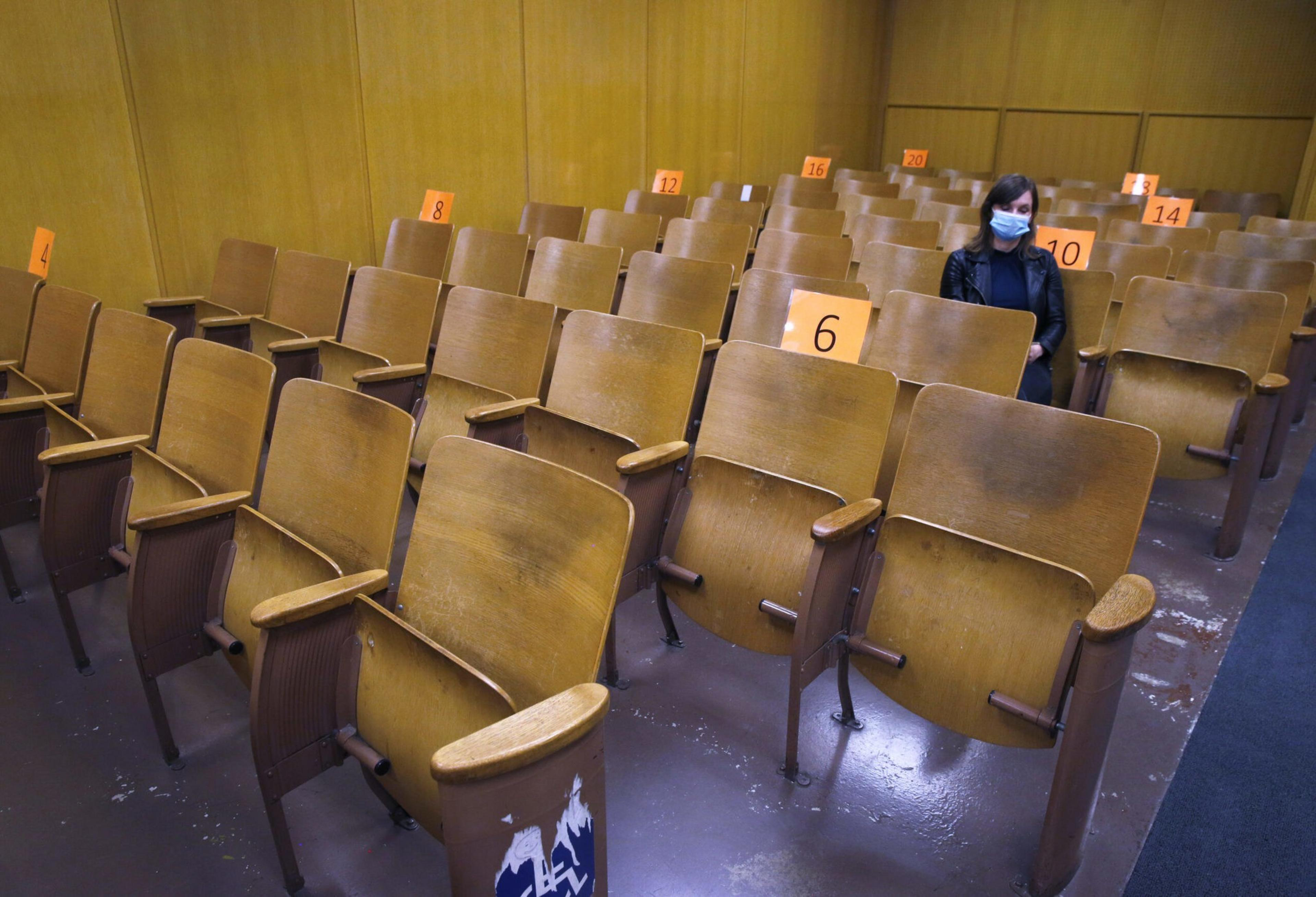San Franciscans can earn more in a single hour of minimum-wage work than an entire day serving on a jury.
That bottom-of-the-barrel rate makes it difficult for low-income residents to join juries, barring many people of color in the process, city leaders say. But a local pilot program, called Be the Jury, pays people more money for their time and may be a first step toward addressing the issue, according to a report released yesterday.
California Superior Courts, San Francisco’s included, pay jurors just $15 per day for their mandatory civil service. Many trials last a week, and some much longer, leaving many people out to dry when they have to sit in the jury box. After all, California employers aren’t required to cover employees’ time in the courthouse.
Over a third of jurors in San Francisco Superior Court reported that jury service imposed financial hardship, a 2004 study (opens in new tab) prepared for the Judicial Council of California found.
California isn’t the only state that pays laughable wages for jury service. While New York and Nevada both shell out a comparably generous $40 each day, Arizona jurors receive just $12.
Because income inequality is strongly correlated with race, low-income communities of color are most likely to be kept from jury service because of this financial hardship, according to the Be the Jury report about its first six months of operation (opens in new tab). This echoes the U.S.’s long history of racist laws that caused people of color, often Black people, to face all-white juries.
“Be the Jury is groundbreaking because even when those discriminatory laws changed, low-income jurors—many being Black, Asian, Latino—struggled to be able to serve because they couldn’t give up their wages,” Mayor London Breed said in a statement.
Be the Jury, launched last March by the city’s Financial Justice Program, increases jurors’ daily pay from the $15 statewide rate to a less-meager $100 per day for lower-earning people. The rate is designed to cover SF minimum wage for the typical six hours jurors spend each day in court, Anne Stuhldreher, director of the Financial Justice Program, explained.
“We know it’s probably lower than it should be, but we wanted to be able to reach as many people as we could,” Stuhldreher said.
So far, the results look promising. Over 80% of Be the Jury participants said they couldn’t have served if it wasn’t for the higher pay provided by the program. Recipients of the extra funds had to have a household income less than the region’s median. Nearly two-thirds of participants were people of color, according to the report.
“This Be the Jury Program made it possible for me to participate as a juror,” wrote one survey respondent whose annual household income was less than $35,000. “Please make this program available for those that are on a fixed income or [have] limited finances!”
Be the Jury is currently funded by philanthropic donations, and the money should continue to flow until next March. Then, if the program has proven itself effective at increasing juror participation from low-income San Franciscans and people of color, Stuhldreher’s team will need to seek funding from the city or the state to keep Be the Jury running.
While squeezing money from SF’s crowded budget is never easy, both the public defender and the district attorney have spoken out in support of the program. With both the top prosecutor and chief defense attorney on the same page, the program might just have a fighting chance.
